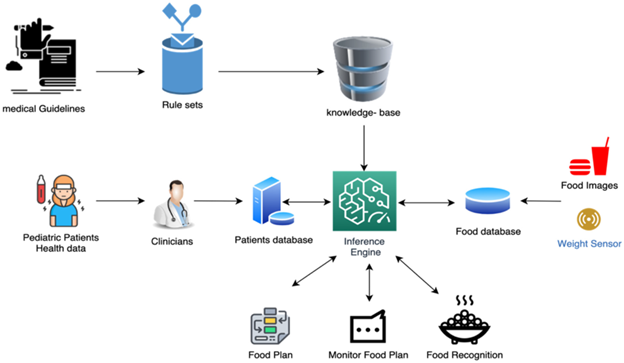Have you ever heard of Maple Syrup Urine Disease (MSUD)? It gets its interesting name because one of its symptoms is that a person’s urine can smell like maple syrup. MSUD is a genetic disorder. It stops the body from breaking down some types of proteins. Why is testing crucial for MSUD? Early detection, especially in newborns, can make a big difference. In this blog, you’ll learn the basics of testing for Maple Syrup Urine Disease and why understanding it matters. Knowing that MSUD has a genetic basis sets the stage for how this condition is passed down in families.

Exploring Maple Syrup Urine Disease (MSUD)
Maple Syrup Urine Disease is a rare disorder. People with this condition can’t properly break down certain proteins from food. Proteins are essential for our body, but in MSUD, they cause problems. The disorder is genetic, meaning it runs in families. If both parents carry the gene for MSUD, their child can get the disease. But carrying the gene doesn’t always mean having symptoms. Symptoms of MSUD can show up as: – Lethargy (feeling very tired) – Poor feeding, especially in babies – Sweet-smelling urine, similar to burnt sugar or maple syrup

Importance of MSUD Testing: A Lifesaver
If symptoms of Maple Syrup Urine Disease are ignored, it can lead to serious problems. Untreated MSUD might cause brain damage and can even be fatal. Luckily, newborn screening is routine in many places. It helps catch disorders like MSUD early. With quick action, doctors can start treatments right away, making life a lot safer for affected babies. Families at high risk can even consider prenatal tests. This helps them prepare or decide on early interventions to prevent complications later.
The Step-by-Step Guide to MSUD Testing
Here’s how testing for Maple Syrup Urine Disease works, step by step:
- Newborn Blood Spot Test: This is a simple test. After a baby is born, doctors take a small blood sample from the heel. They check this blood for unusual amino acid levels, which could suggest MSUD.
- Biochemical Tests: If anything unusual turns up, deeper tests follow. They look for high levels of branched-chain amino acids, a sign of MSUD.
- Genetic Testing: To confirm MSUD, genetic testing is done. It helps doctors understand the exact changes in a baby’s genes. Knowing the exact genetic change guides potential treatments and gives clear information to the family.
Understanding and Interpreting Test Results
Waiting for Maple Syrup Urine Disease labs results can be worrying, but understanding them helps. Here’s what the different results can mean: – Positive Result: This means MSUD is confirmed. The next steps include starting treatment and consulting with doctors who specialize in such disorders. – Negative Result: Great news! This means the test didn’t find anything unusual. – Unclear Result: Sometimes, tests aren’t clear. More follow-up tests might be needed. If the test is positive, starting treatment quickly is crucial. It involves special diets and sometimes medications. Testing for Maple Syrup Urine Disease today is very accurate. Once the test is done, specialists offer guidance on what comes next and how to take care of the newborn.
Conclusion and Resources for Further Support
Testing for Maple Syrup Urine Disease offers peace of mind. It assures parents their child can get care before things get serious. Early intervention through these tests can improve the health and life of affected newborns. Caregivers should always be proactive. Testing means they are a step ahead, ensuring safety for their child. For those needing more information, organizations like the Genetic and Rare Diseases Information Center offer support. MSUD Family Support Group also connects families facing similar challenges. Rely on these trustworthy groups as you make informed decisions. Families are never alone, and help is always available for those who seek it.

